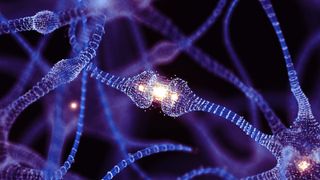Neuroscience
Latest about Neuroscience
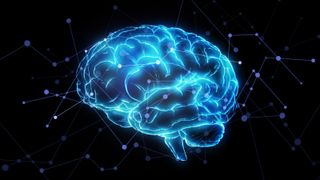
AI analysis of 100 hours of real conversations — and the brain activity underpinning them — reveals how humans understand language
By Anna Demming published
An AI model trained on dozens of hours of real-world conversation accurately predicts human brain activity and shows that features of language structure emerge without being coded in.
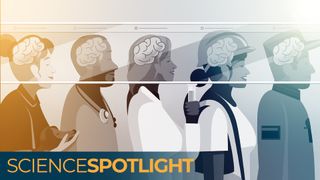
Is there really a difference between male and female brains? Emerging science is revealing the answer.
By Nicoletta Lanese published
Brain scans, postmortem dissections, artificial intelligence and lab mice reveal differences in the brain that are linked to sex. Do we know what they mean?

'Let's just study males and keep it simple': How excluding female animals from research held neuroscience back, and could do so again
By Nicoletta Lanese published
Neuroscience research has only recently begun to prioritize the inclusion of both male and female lab animals in studies. Could we see that shift reverse?
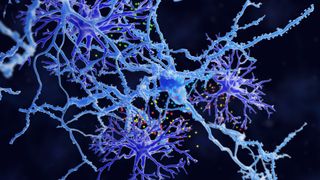
Scientists discover never-before-seen type of brain cell
By Emily Cooke published
A new study has pinpointed cells in the brains of mice that have the unique ability to proliferate and may help to repair damaged tissue. Scientists now need to determine if similar cells exist in human brains.

'Plastics are there and seem to be getting worse': Viral study of microplastics in human brains shows worrisome trend, but has flaws
By Ben Turner published
A close-up shot of microplastics resting on a human finger.

People who can't 'see with their mind's eye' have different wiring in the brain
By Marianne Guenot published
People with aphantasia still generate brain activity when attempting to visualize, but that image may be getting lost in translation, a new study suggests.
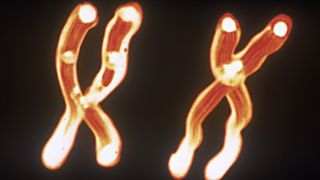
Faster brain aging tied to X chromosome inherited from Mom
By Nicoletta Lanese published
Female mammals typically carry two X chromosomes — one from each parent — and a new study suggests that the maternal X is linked to faster brain aging.

What is CTE?
By Caleb Neal published
Chronic traumatic encephalopathy, or CTE, is a degenerative brain disease linked to repetitive head trauma. Here's how it affects the brain and who is most at risk.
Sign up for the Live Science daily newsletter now
Get the world’s most fascinating discoveries delivered straight to your inbox.
